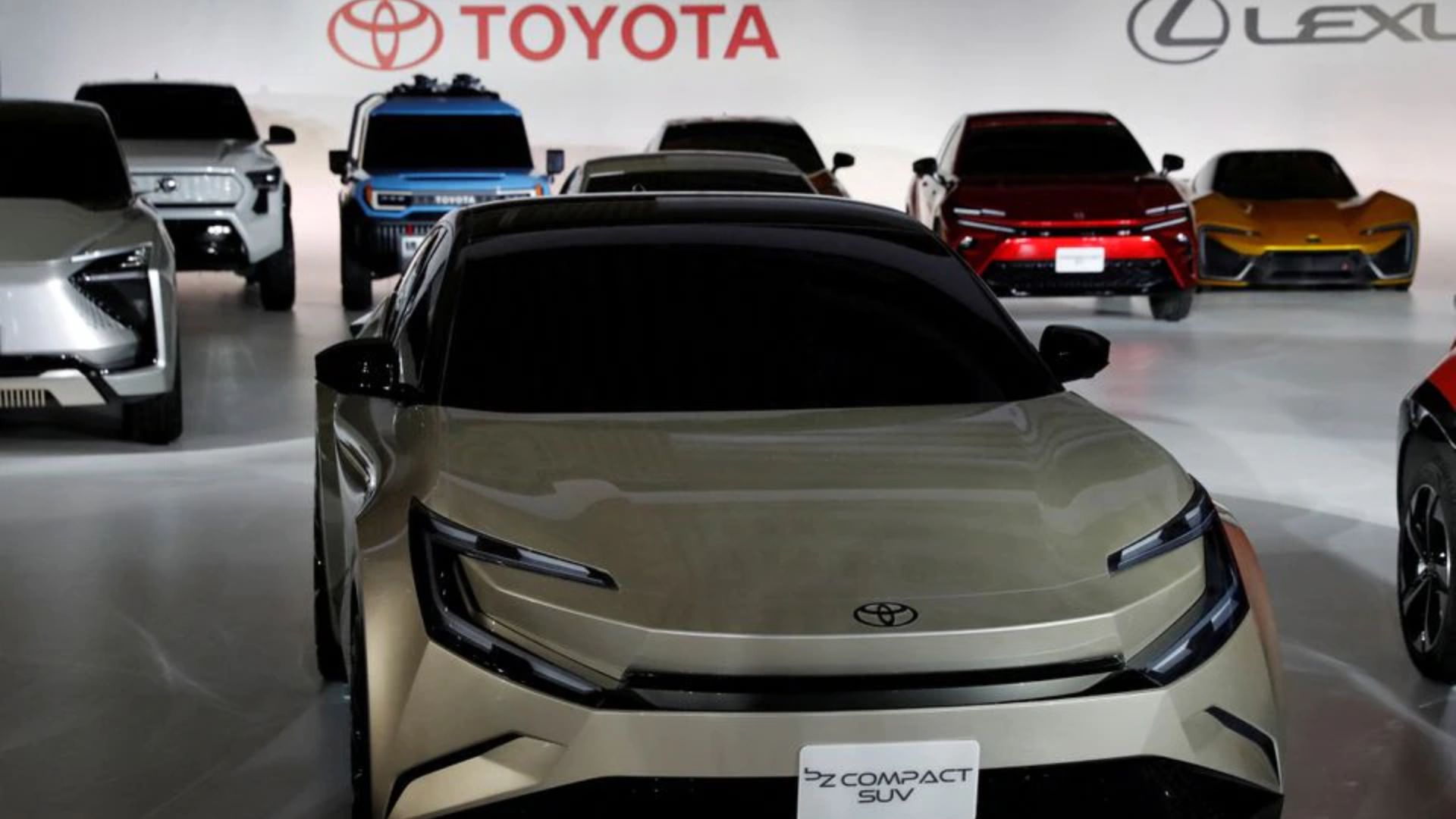WASHINGTON, Aug 23 (Reuters) – Toyota Motor Corp (7203.T) on Tuesday said it recognized the state of California’s authority to set vehicle emissions standards under the U.S. Clean Air Act.
Toyota said the move will make it eligible for government fleet purchases by California.
California Air Resources Board (CARB) chair Liane Randolph said the board was pleased with Toyota’s decision. “Although we’ve had differences in the past, we look forward to advancing #ZEVs together on positive footing,” Randolph wrote on Twitter, referring to zero emission vehicles.
CARB, as early as Thursday, is set to adopt new vehicle emissions rules. If adopted, the regulations will be submitted to the Environmental Protection Agency (EPA) for approval.
“Although we have shared challenges before us, we are committed to emission reductions and vehicle introductions consistent with CARB’s programs,” Toyota North America Chief Administrative Officer Christopher Reynolds wrote to CARB and California Governor Gavin Newsom.
In 2019, Toyota joined other automakers in backing the Trump administration’s effort to strip California of the authority to set emissions standards, saying the rule provided “vehicle manufacturers with the certainty that states cannot interfere with federal fuel economy standards.”
Seventeen U.S. states have agreed to adopt California’s tailpipe emissions rules and 15 backed its zero-emission vehicle requirements.
In January, General Motors (GM.N) said it had agreed to recognize California’s authority to set vehicle emission standards under federal law.
In November 2019, California said it would halt all purchases of new vehicles for state government fleets from GM, Toyota and other automakers backing then-President Donald Trump in the tailpipe emissions battle.
California plans to ban the sale of new gasoline powered passenger vehicles starting in 2035, a step the Biden administration declines to endorse. Biden has called for 50% of new vehicles sold by 2030 to be electric or plug-in hybrid.
The EPA in March reinstated a waiver under the Clear Air Act awarded to California in 2013 to set its own strict tailpipe and zero-emission vehicle standards.
The agency also rejected a Trump-era decision to bar other states from adopting Sacramento’s tailpipe emission standards.
In May, California and 19 other U.S. states backed efforts by Biden to restore California’s authority, after 17 states challenged the EPA’s decision to restore the authority withdrawn under Trump.
In June, Ford Motor (F.N), Volkswagen (VOWG_p.DE), BMW (BMWG.DE) Honda Motor (7267.T) and Volvo cars backed the Biden administration’s effort to restore California’s ability to set its own tailpipe standards.
In July 2019, Ford, Honda, VW and BMW struck a voluntary agreement with California on reducing vehicle emissions.











